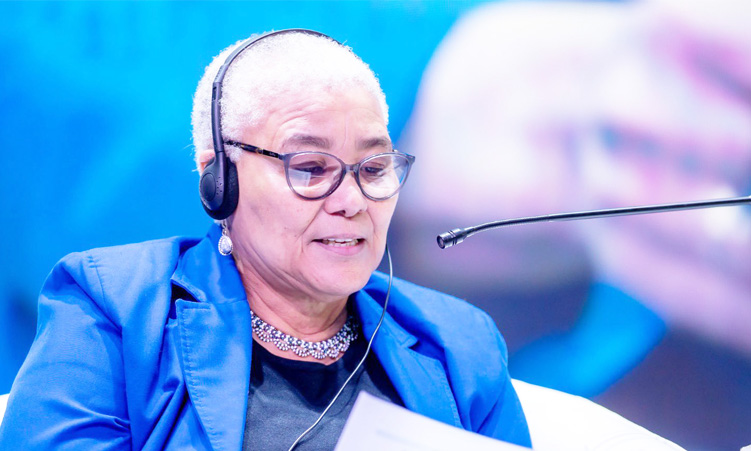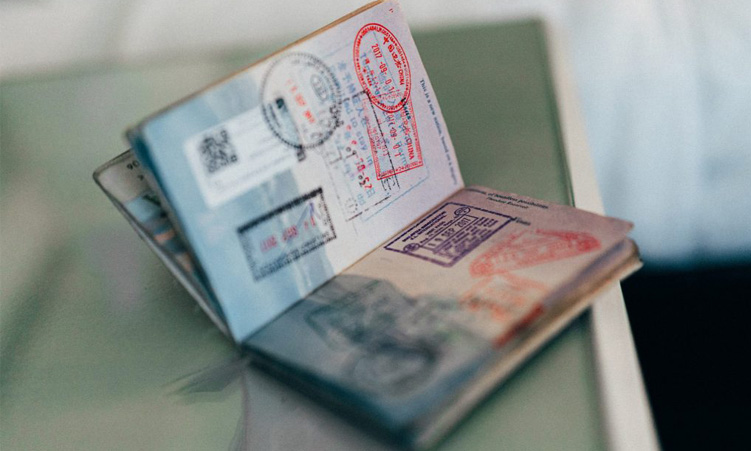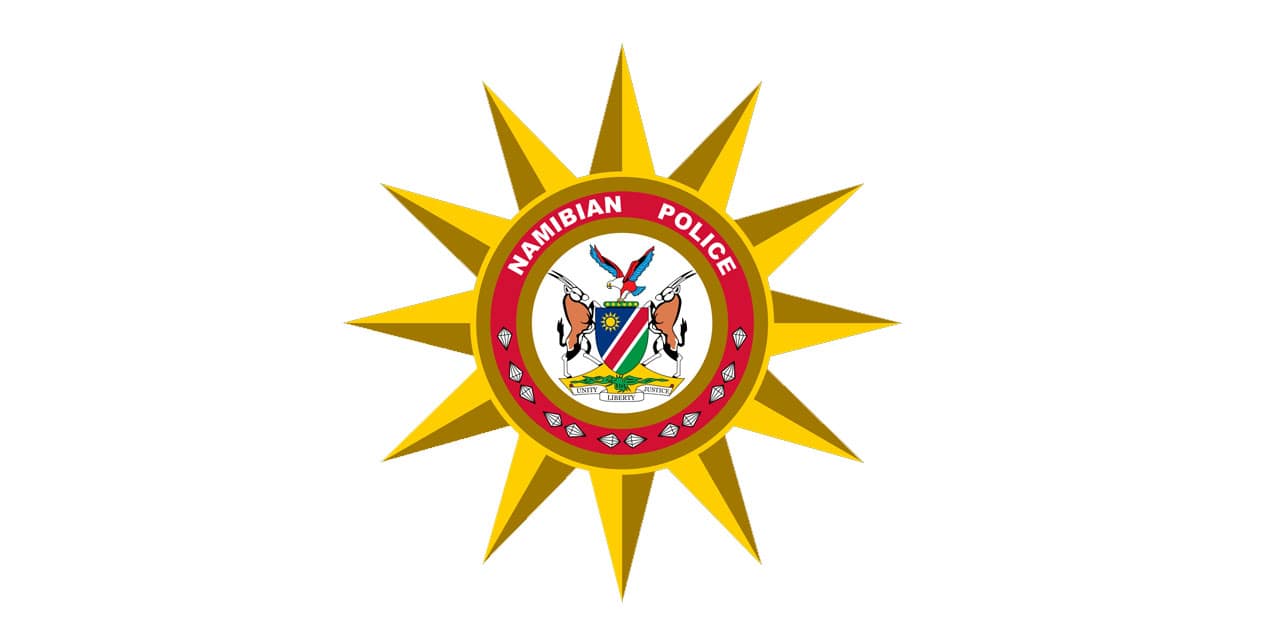Government will not change their decision to implement visa requirements to about 33 countries.
The visa requirements were imposed on countries that failed to reciprocate Namibia’s visa -on- arival policy.
This is despite facing criticism from a number of players in the tourism industry.
The implementation date of the new visa regime is 1 April 2025.
The regime, approved by Cabinet in May, faced backlash from tourism players who raised concern over potential job, business and opportunity losses in the country’s top foreign-currency-earning industry.
However, Home Affairs, Immigration, Safety and Security deputy minister Lucia Witbooi yesterday said the decision was taken because despite Namibia granting visa exemption to these countries 33 years ago, they have not returned the favour.
The new visa regime will affect visitors from 33 countries, including Armenia, Australia, Austria, Azerbaijan, Belarus, Belgium, Brazil, Canada, Denmark, Finland, France, Germany, Hong Kong (SAR), Iceland, Indonesia, Ireland, Italy, Jamaica, Japan, Kazakhstan, Kyrgyzstan, Liechtenstein, Luxembourg, Macau (SAR), Mauritius, Moldova, The Netherlands and the United Kingdom.
“Over the last 33 years, many countries that Namibia has exempted from visa requirements have not yet reciprocated our goodwill. The reasons for not returning the goodwill remain unknown,” Witbooi said during the Cabinet committee briefing.
The entry requirements into Namibia include, but are not limited to, a return ticket, medical insurance, proof of means of sustenance while in Namibia, not wanted by any country for criminal activities and a passport valid for at least six months on the date of arrival.
Witbooi said all decisions are made to further the interests of Namibian nationals.

“Thus, the government of the Republic of Namibia will always look at how Namibians are treated elsewhere for the system to take reciprocal measures where engagement has not yielded the desired outcome,” Witbooi said.
Following Namibia’s independence, the country opted to exempt several countries from visa requirements for holders of their diplomatic, official (service) and ordinary (national) passports when visiting Namibia for a maximum period of 90 days per calendar year.
Some, particularly in the Southern African Development Community (SADC) and the African Union have reciprocated the gesture.
“We have also noted how in 2012 the Canadian government and in 2023 the British government imposed visa requirements on all Namibian passport holders, despite initially reciprocating by removing visa requirements for Namibians,” Witbooi said.
Witbooi highlighted that nationals from these countries will, however, still qualify for visas-on-arrival upon meeting entry requirements.
“An option to consider is that all countries that have not yet exempted Namibian passport holders from visa requirements be imposed a visa regime for all their passports. The Cabinet has further decided that to make it simple, all arriving passengers from the affected countries will qualify for visas-on-arrival upon paying the prescribed fees,” Witbooi said.
The visa-on-arrival fee is set at N$1 600 per applicant.
Last month, amid criticism from local and SADC industry bodies, the Ministry of Environment, Forestry and Tourism maintained that the decision will have a minimal impact on the country’s tourism industry.
“We also note and acknowledge concerns to that effect, however, we understand the country’s need for reciprocity in international relations. We remain positive to this effect,” tourism ministry spokesperson Romeo Muyunda said.
The SADC Business Council Tourism Alliance last month also noted that the implementation of stricter visa requirements could have a detrimental impact on various sectors of Namibia’s economy, including tourism, hospitality, transportation and retail, all of which heavily rely on international visitors.
Stay informed with The Namibian – your source for credible journalism. Get in-depth reporting and opinions for
only N$85 a month. Invest in journalism, invest in democracy –
Subscribe Now!






